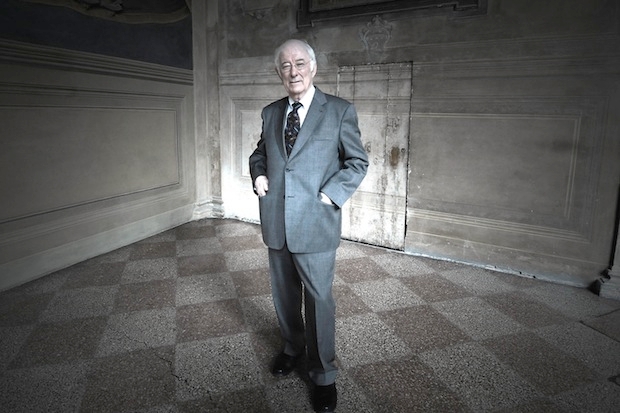If you haven’t already done so, I urge you to read Jenny McCartney’s piece in this week’s issue of the magazine. Together with Christopher Fletcher’s personal appreciation of Seamus Heaney published here earlier this week, it is among the most original and thoughtful takes on the late Nobel Laureate’s life and work. It’s typical of Jenny’s ability to tease and test details, to coax them to a wider context. And, my, is she readable. The best place to start is at the beginning:
‘The one and only time I met Seamus Heaney, in 2007, he was making tea in the kitchen of his Dublin home when he asked — more modestly regretful than coy — ‘Did you have to do the poems at school?’
I grew up in Belfast, and certainly we had to do the poems at school. Even in the early 1980s, in a disputatious city that was frequently contemptuous of life but rarely of poetry, it was Heaney whose reputation already seemed cast in bronze. His lines on Northern Ireland defined us internationally, like it or not: it was clear that we had somehow grown someone big, a poetic prize -marrow.
At that time, my flicker of vicarious pride was mixed with a sense of being informally exiled from the celebration. Heaney was a Catholic, nationalist poet, raised on a farm in Mossbawn, County Derry. I was a teenager in a Protestant, unionist family outside Belfast. Our vision of politics softly jarred as often as it overlapped. And the complexity of the Troubles — a dark time at once suffocating, toxic and blazingly alive — was simplified the further it travelled away from us, boiled down to digestible stereotypes.’
Subscribers can read the rest here. Non-subscribers, you can join us today by following the link below.






Comments